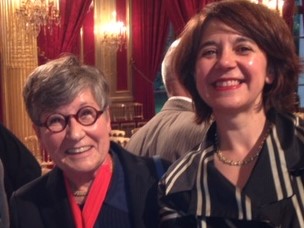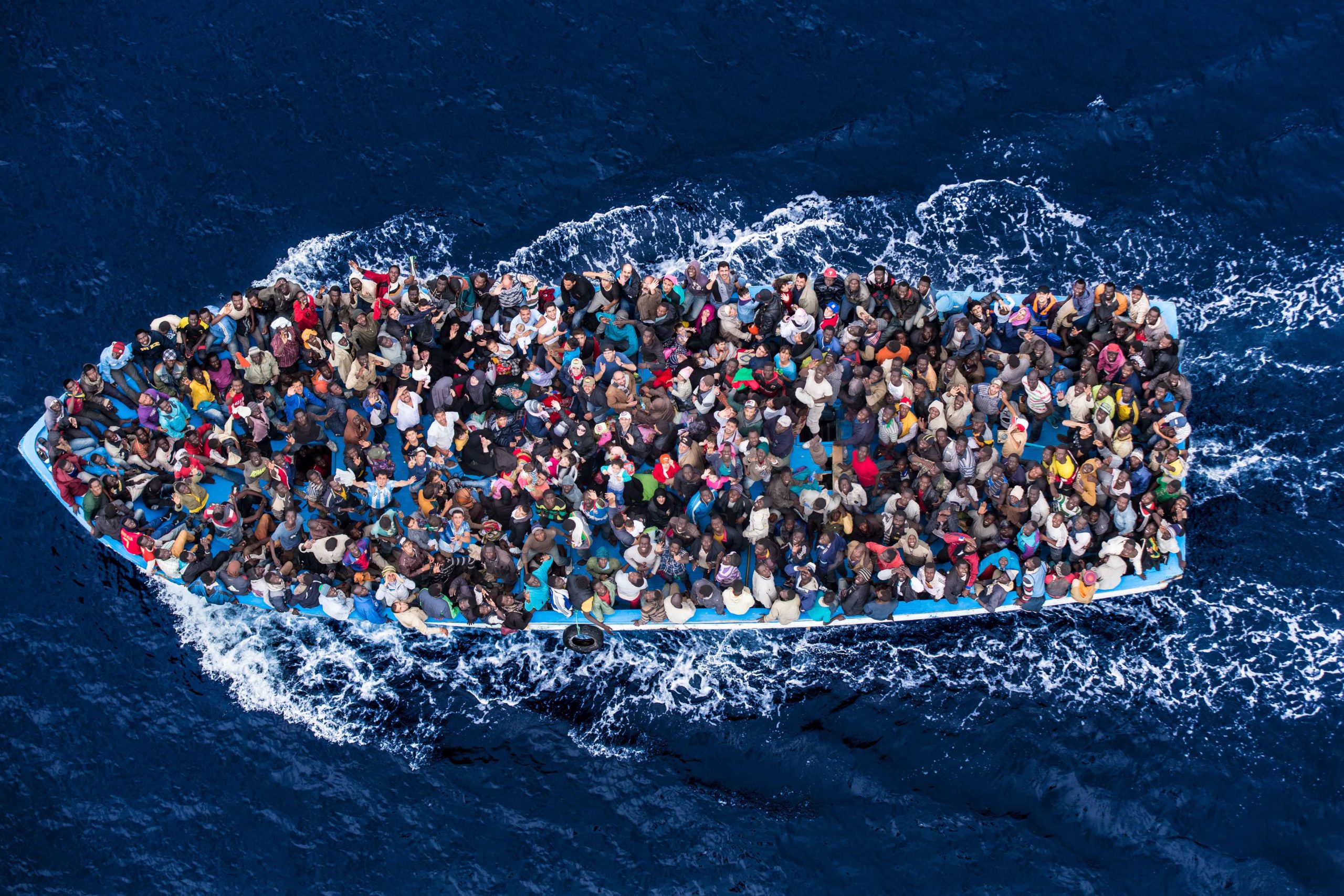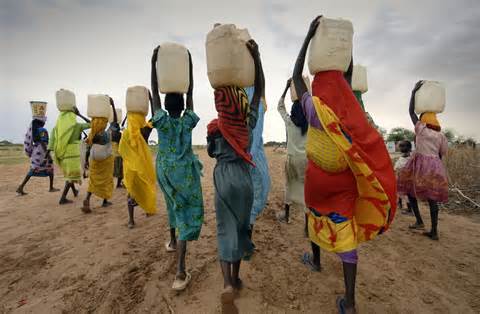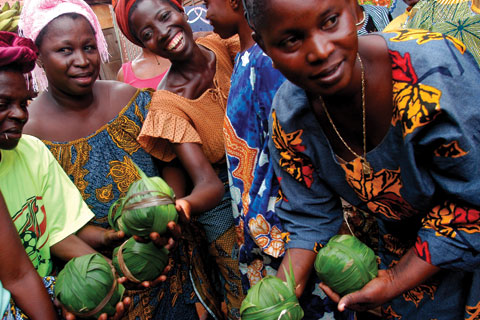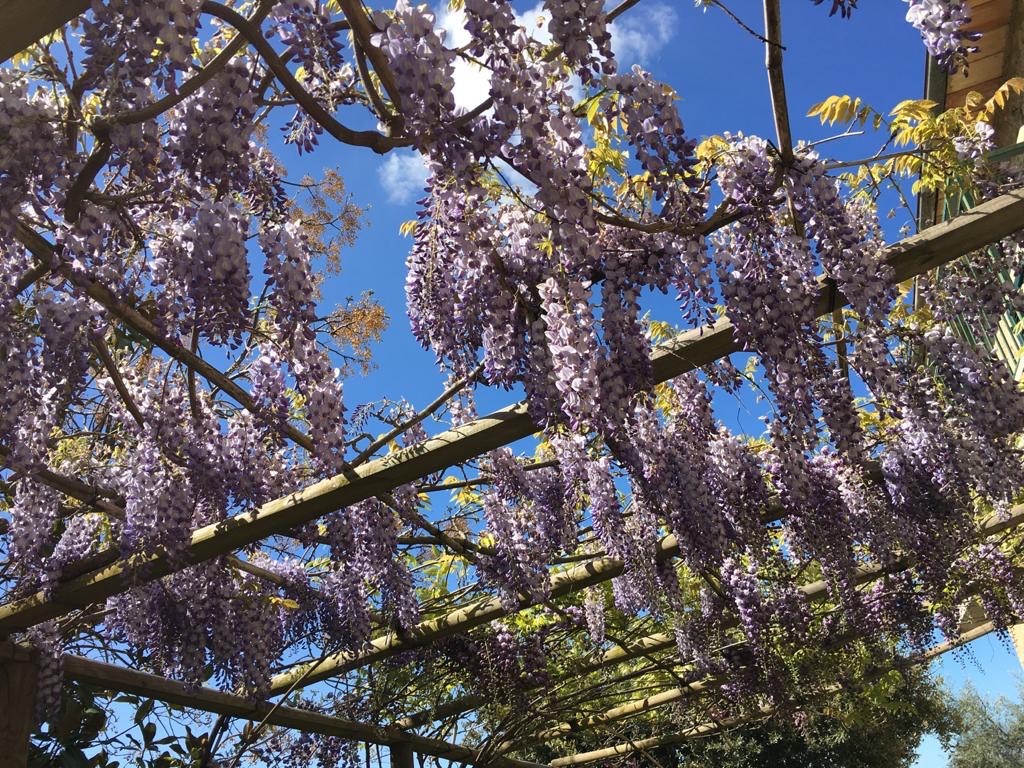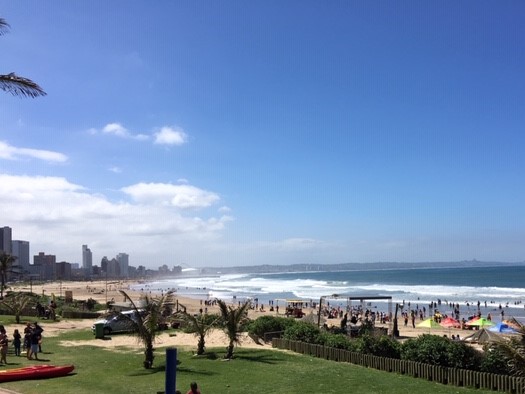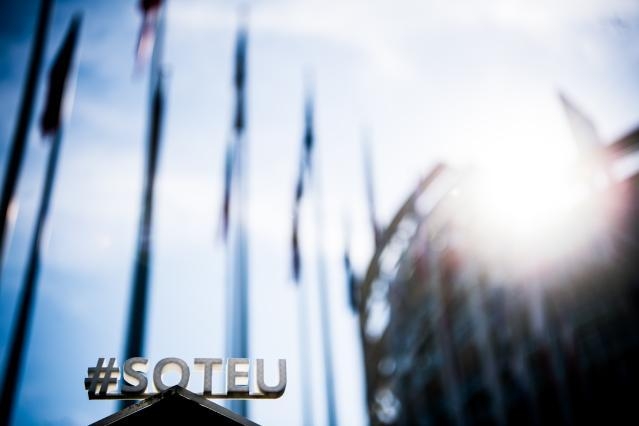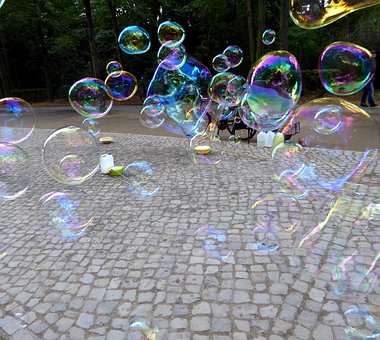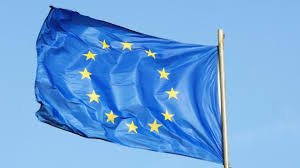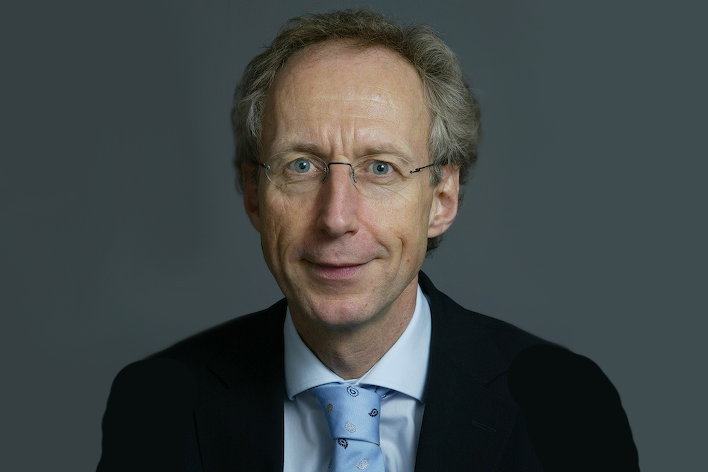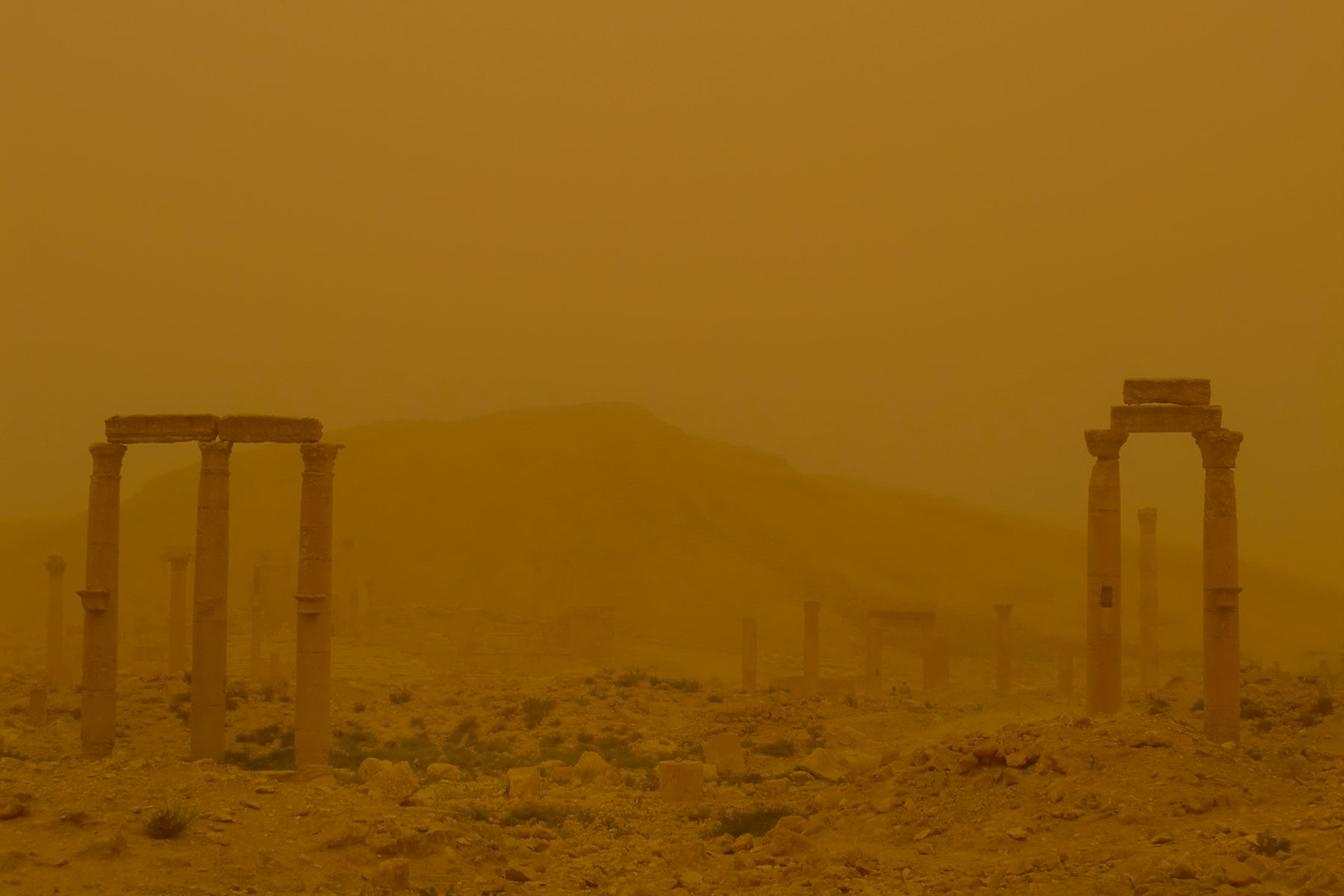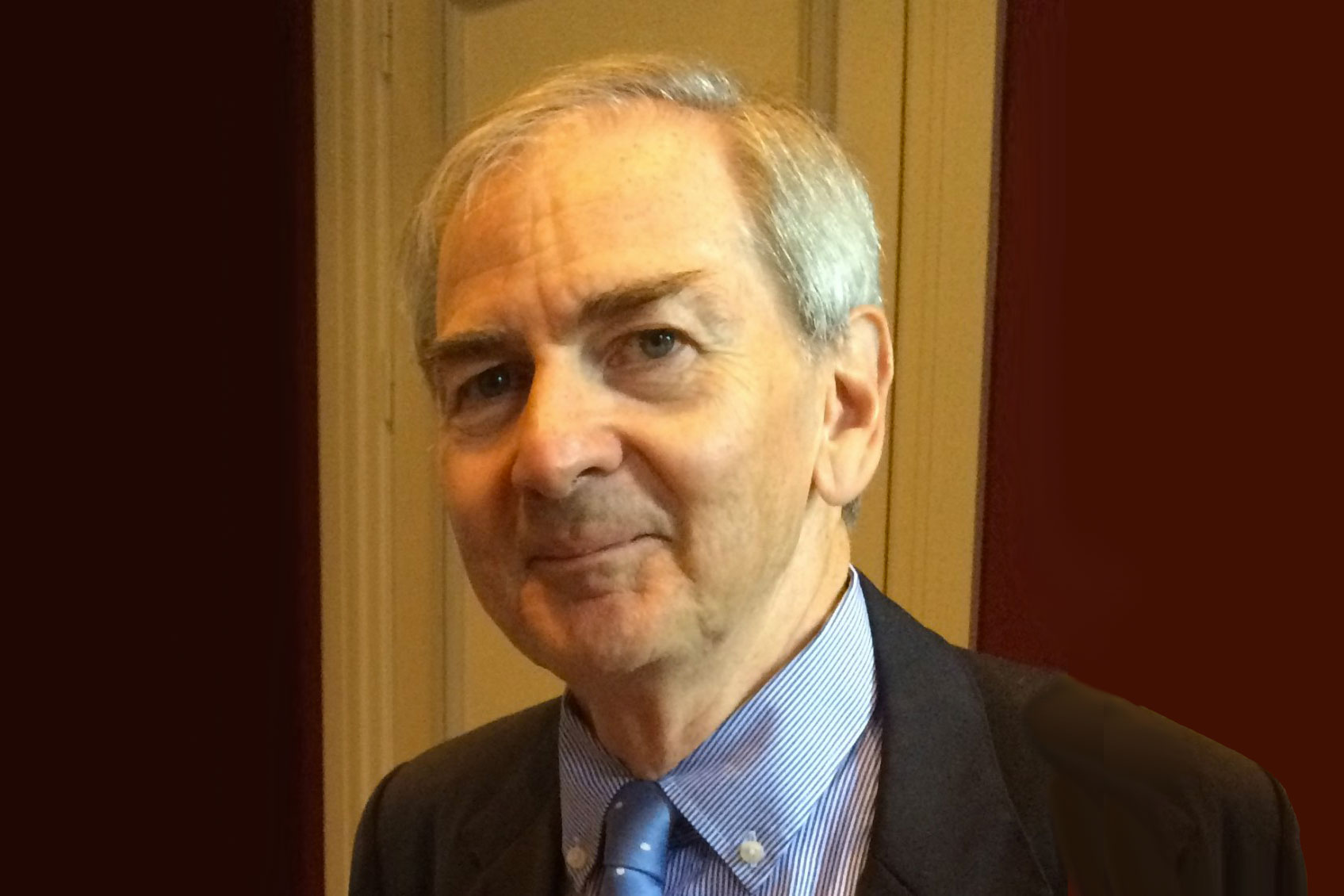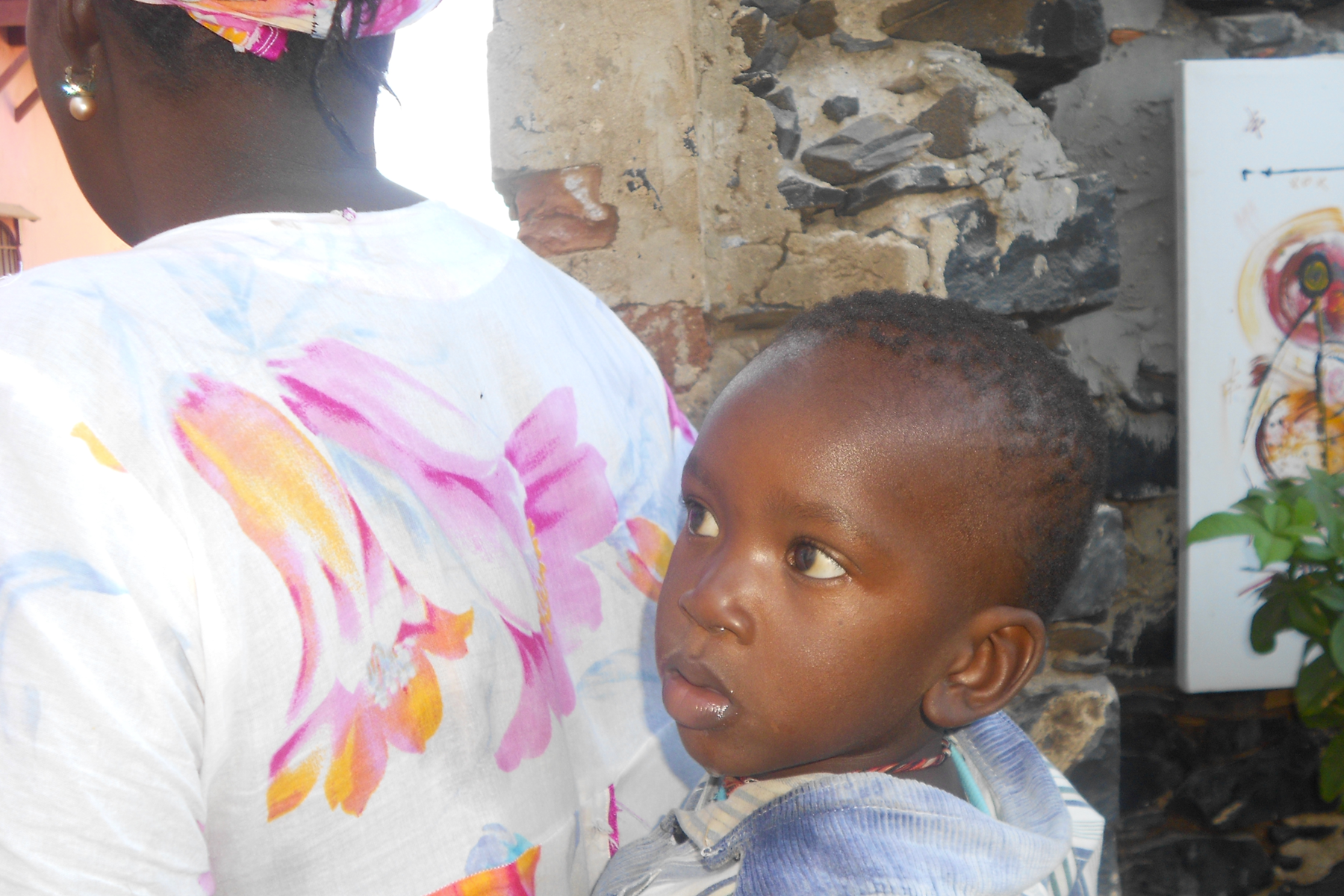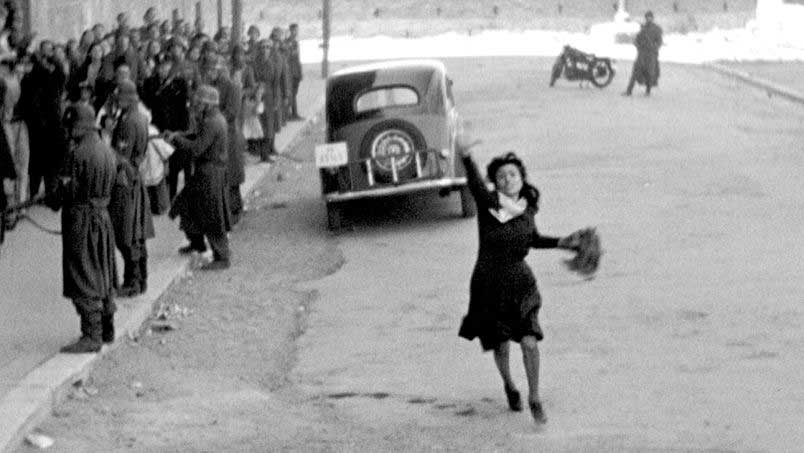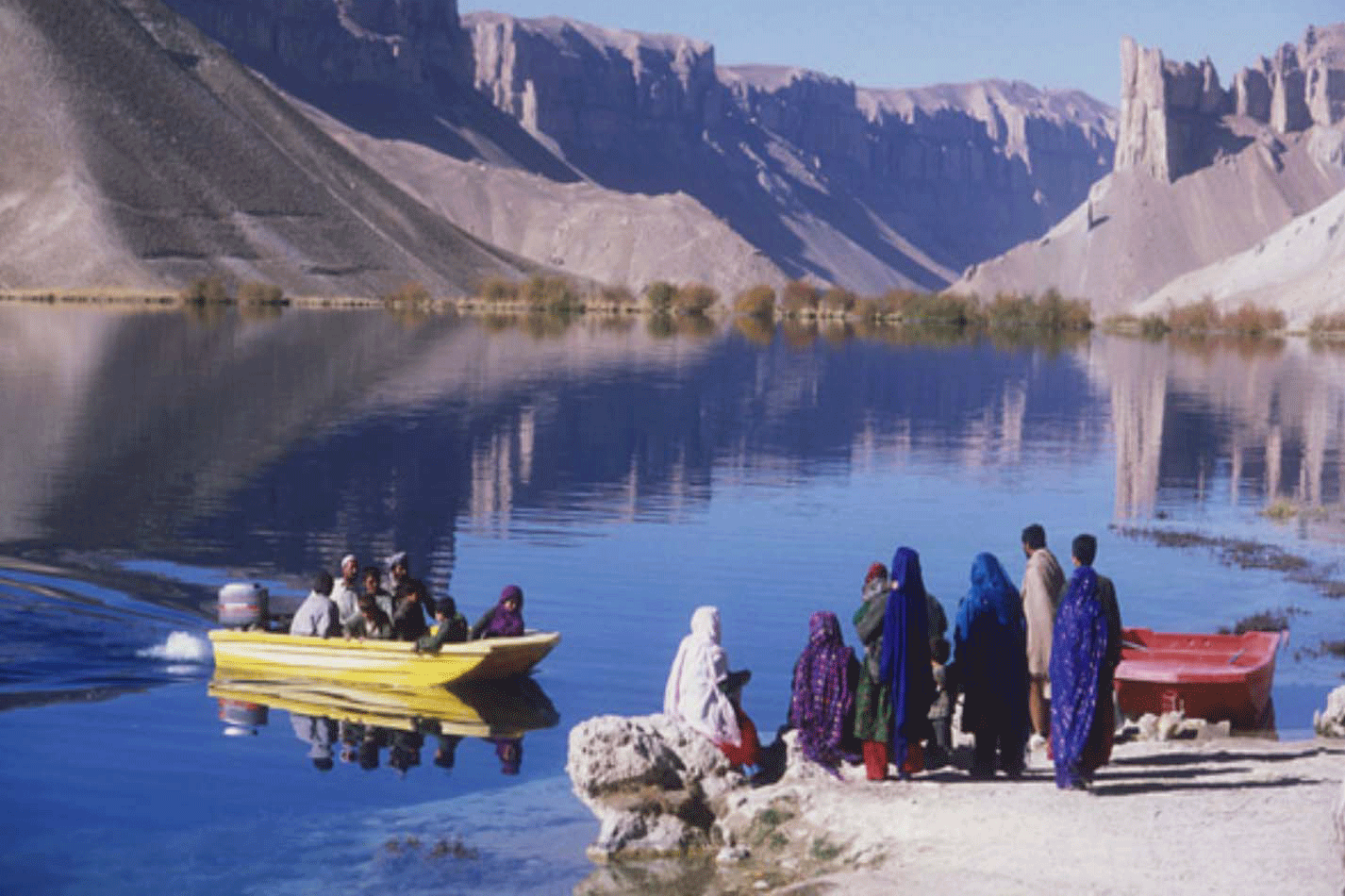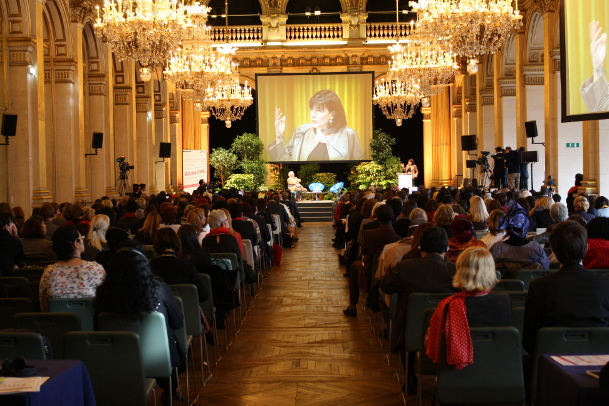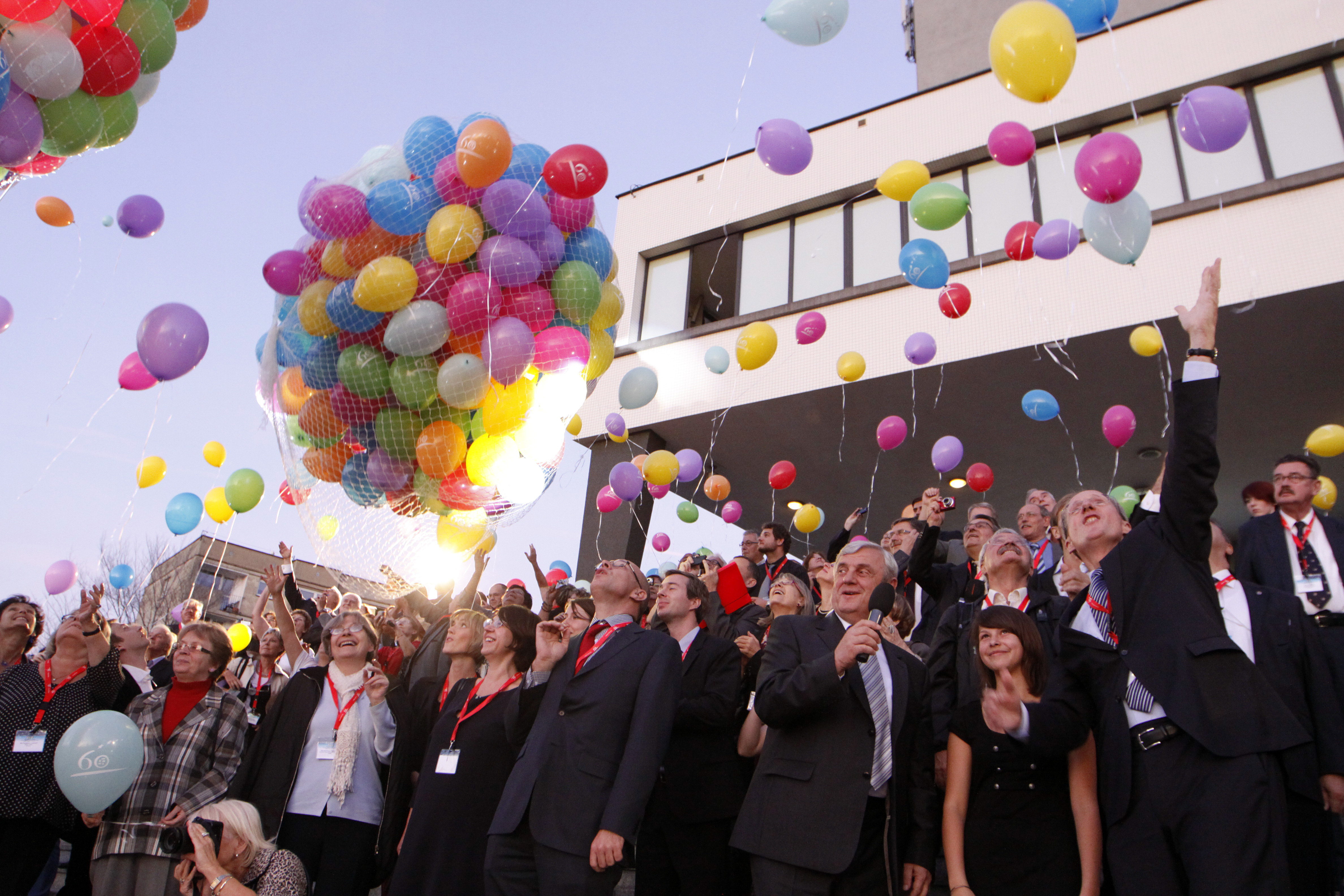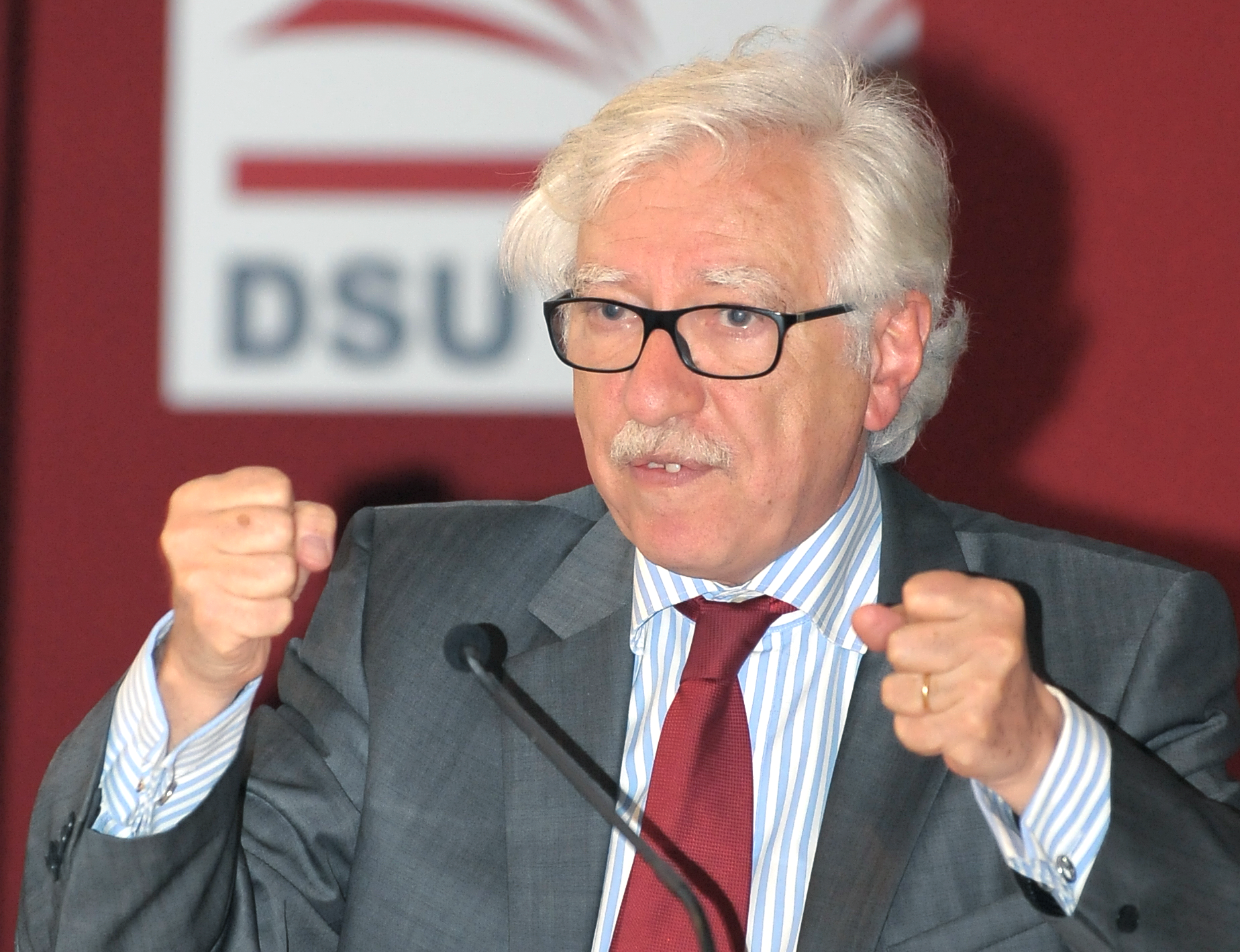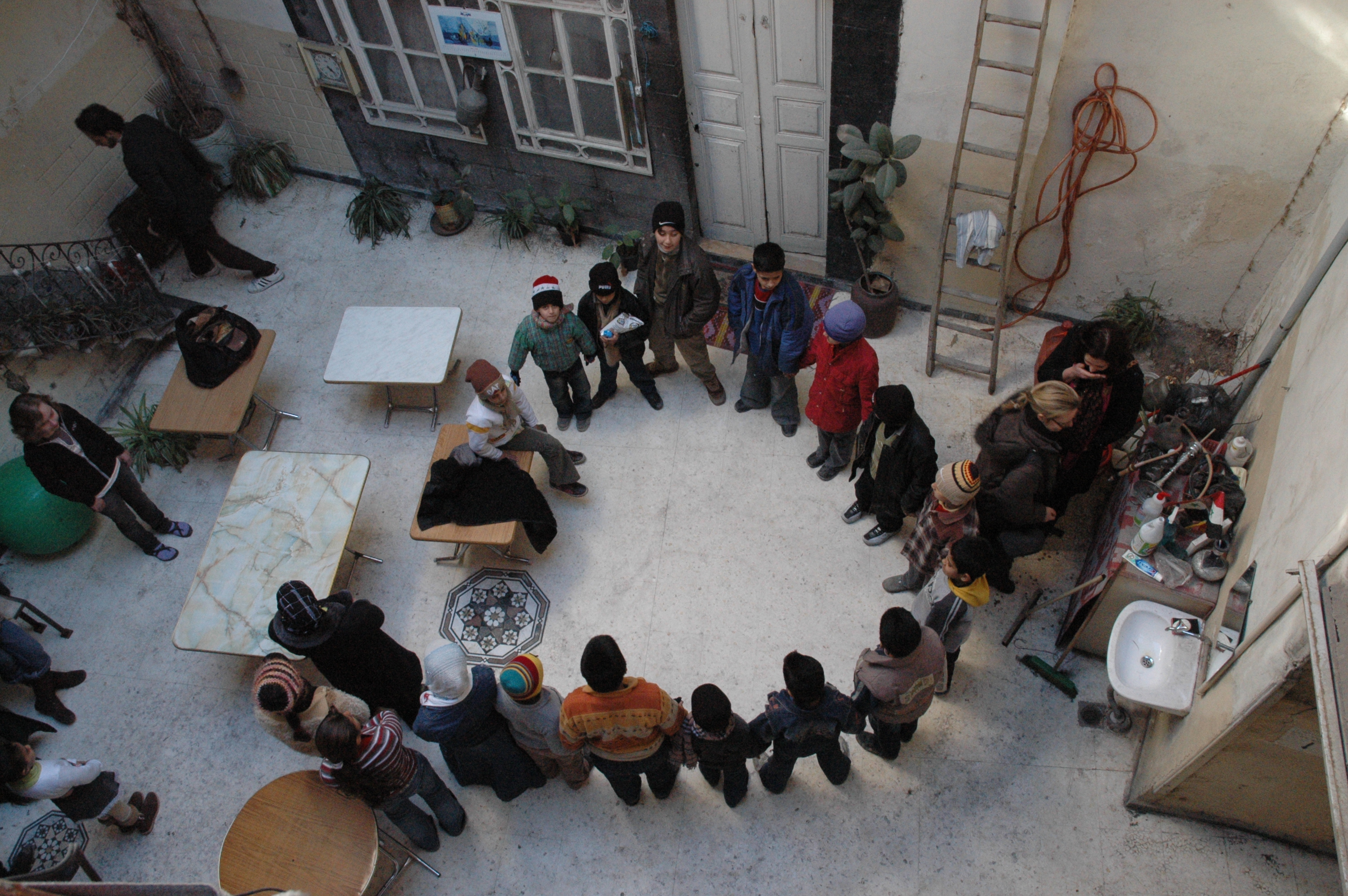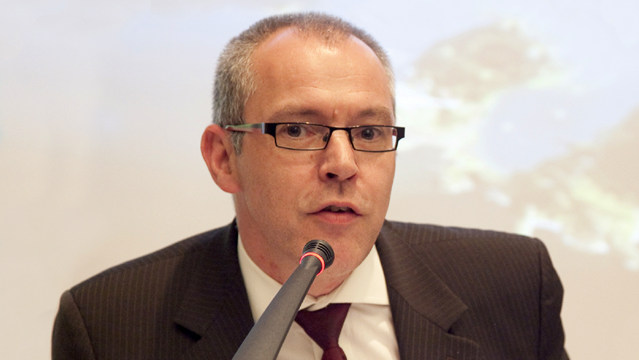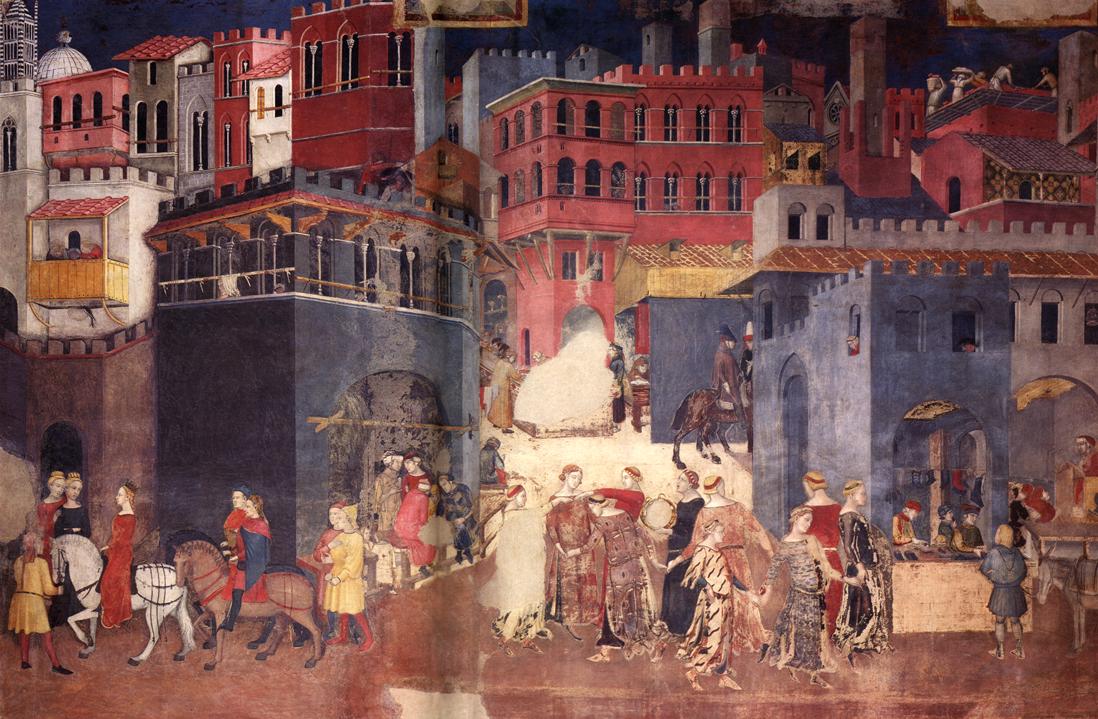Platforma: the local and regional authorities for development cooperation
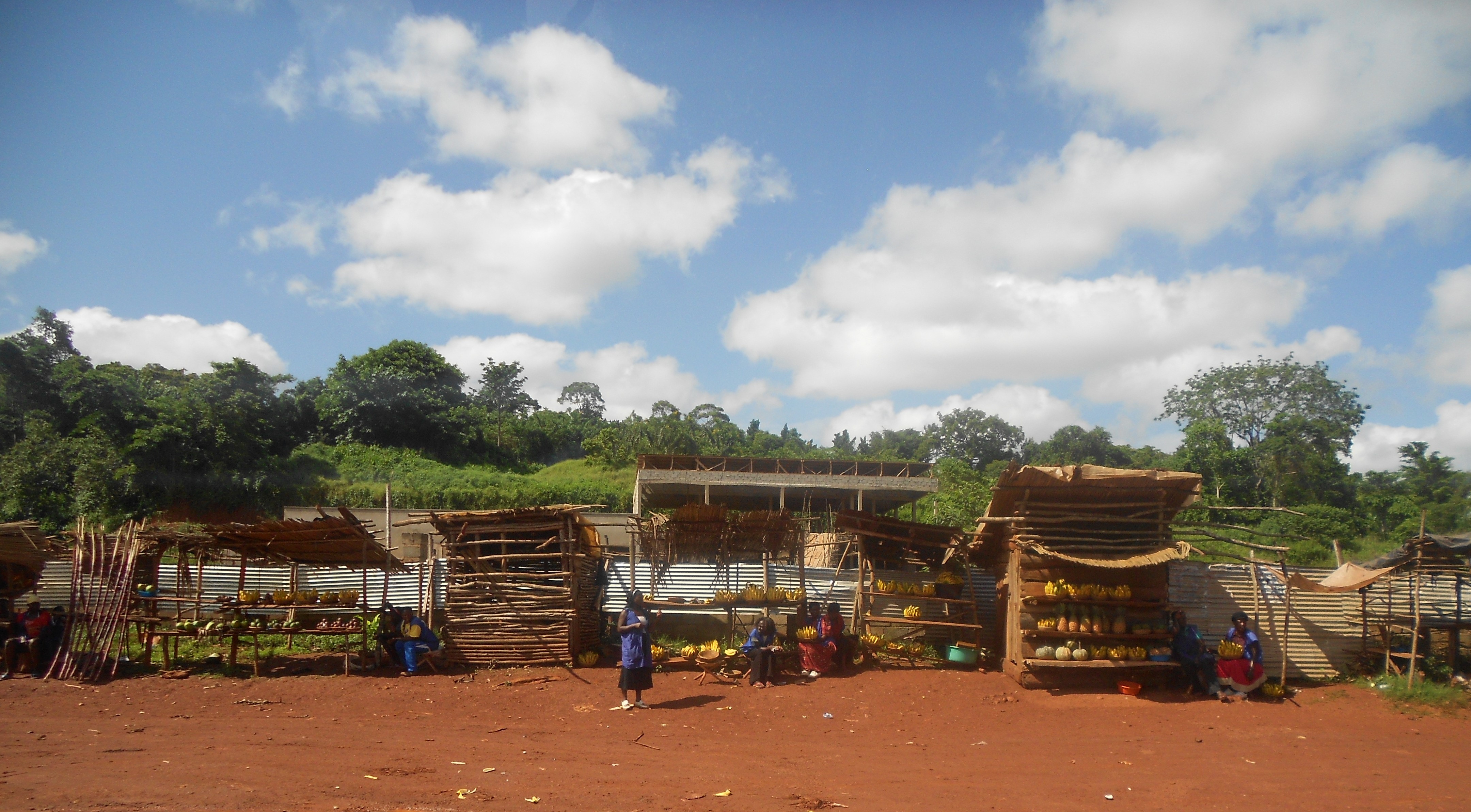
Of my time spent in CEMR, I consider the work I did to obtain recognition of the role played by local and regional authorities (LRA) in development cooperation and my role in Platforma to be among the most rewarding of my achievements. I would like to tell more about this story by presenting it in three chapters: its creation, structural development and success.
Creation
It all started in February 2003 when I was representing CEMR (1) (the Council of European Municipalities and Regions) at the meeting organised by IULA (2) in Madrid at FEMP (3) , which involved officers from LRA national associations conducting projects to help build the capacities of their counterpart associations in development countries.
These activities were financed for the most part by the national programmes that existed within different European countries. And where was the European Union in all this? Would it not have been better to have a Community programme for decentralised cooperation aimed at countries benefitting from European development aid? This was the question that all of us, including Jeremy Smith, Secretary General of CEMR, were asking at the time.
So CEMR decided to set up a working group made up of the officers for north/south cooperation from its different national associations and chaired by VNG, our Dutch Association (4). It is through this group of elected representatives and experts that we began our efforts to ensure awareness and recognition of the role of LRAs in development cooperation. The European Institutions were more or less oblivious to this role. Since 1992, a programme supporting decentralised cooperation did exist but its budget was small and used almost entirely to cofinance NGO projects.
Our action was propelled forward by the momentum created by the birth of the new world organization of LRAs: UCLG (5) , an entity which will be the focus of another article on my blog. For now, I would just like to emphasise the role played by one of its founders in the process of obtaining recognition for the role of LRAs in development cooperation at European level, namely Pierre Schapira, Deputy Mayor in charge of International Relations for the City of Paris and Member of the European Parliament from 2004 to 2009. In 2006, Pierre Schapira presented a report to the EP on the role of “local authorities and development cooperation” which would result in the creation of the European NSA/LA (Non-State Actors and Local Authorities) programme for the 2007-2014 programming period.
Alongside the actions aimed at the Parliament and the Commission, CEMR took the initiative of bringing together all the LRA organisations active in development cooperation around one table. At the end of a process exceeding two years, the decision was taken to set up a structure which would coordinate these organisations’ message to the European Institutions: thus, Platforma was created. It was officially launched during the European Development Days in Strasbourg in November 2008, under the French Presidency of the EU.
Structural Development
Platforma was the brainchild that grew from the will of a handful of people ready to take on the challenge.
I have already mentioned the part played by Pierre Schapira who presented the report to the EP and who, as a representative of the City of Paris, was also one of the founders of Platforma. Others played a decisive part in this process as well. I would like to call attention in particular to the fundamental role of Jeremy Smith, Secretary General of CEMR from 2002 to 2009, and an unconditional proponent of international cooperation. Having had the pleasure of working with him on this project, I am aware that his true conviction stemmed from the belief that recognition by the EU of the role of cities in development cooperation was essential to the future of local democracy in the world
However, the role of the European Commission should not be disregarded. From the beginning, our action was met with interest by EuropAID. The first meeting of the CEMR group of north/south cooperation was held in Brussels in February 2004. The Commission responded to our invitation to attend and was represented by Françoise Moreau. Her openness to what was discussed resulted in the opening of a dialogue that continued with Roberto Ridolfi and two officers from his Unit, Carlos Cardao and Denis Pourchet.
We suddenly needed to build up ties, instil a spirit of cooperation and establish a working method with these colleagues from the European Commission, which would allow us to incorporate LRAs into the 2007-2014 programming period and to continue to make headway down this course which was being set.
It is not possible to list here all the people who contributed to building up Platforma. For this, I invite you to visit Platforma’s website: www.platforma-dev.eu. I will therefore simply mention some of its founding members.
Xavier Gizard, Secretary General of CPMR (6) , who sadly is no longer with us, was an important ally of Jeremy Smith, which is notable as it was in fact the first time that CEMR cooperated with CPMR! The same probably holds true for Cités Unies France, whose Director General, Bertrand Gallet, is today an active promoter of Platforma. Other international organisations representing the local level became important partners: AIMF (7) , presided by the City of Paris and led for the past several years by Pierre Baillet; CLGF (8) and its Secretary General, Carl Wright, a key partner in maintaining good relations with English-speaking countries. UCLG was an active participant from the start (I will speak more on this in an article dedicated to the world organisation).
However, I do wish to recall the fundamental support provided by CEMR’s national associations who unhesitatingly pushed our organisation to commit to this path: VNG International (Netherlands) and its Director, Peter Knip; AFCCRE (9) (France) and its President, Louis Le Pensec; SKL International (Sweden) and its President, Anders Knape; FEMP (Spain), AICCRE (10) (Italy), and many others. Several cities took part directly in Platforma: the role of the City of Paris has already been mentioned, but Lyon was also present (through Hubert Julien-Laferrière in particular), Barcelona, Rome, Bucharest, Stuttgart (with then-President of CEMR, Wolfgang Schuster), etc. The regions were also present: Tuscany, Catalonia, etc. The Director General of Catalonia was, along with Pierre Schapira, one of Platforma’s political representatives and it is in large part owing to the work of these two men that Platforma’s message found such resonance within the institutional venues.
Platforma managed to bring together, for the first time, actors who had never worked together up to then. A standing Steering Committee was set up to allow these actors to meet together on a regular basis. They quickly realised that, to achieve greater effectiveness, a secretariat was required and it was thus decided that CEMR, who had initiated proceedings, should host it. I was therefore called on to head up its management as the Director of International Cooperation of CEMR. We submitted a request for cofinancing to the European Commission under the NSA/LA programme and as part of component 3 on coordination. This cofinancing, along with the partners’ contributions, was to provide the funding for Platforma’s activities and is still the method of management used today. Thus, the only thing that remained to be done was to put together a team.
Success
For me, Platforma’s biggest success is its team (11)! I was able to put together an excellent team with whom I have had the pleasure of working for many years, sharing many moments of happiness and satisfaction, with some difficulties at times, and I am afraid to say moments of sadness as well! A team that is made up of young people for the most part and all are motivated by a passion for the international and development, multiculturalism, and working together in solidarity and often in a multitude of languages!
Platforma’s team was in fact larger than our small team working at CEMR’s headquarters! Platforma presented us with the novelty of being able to build up a strong sense of cooperation and a spirit of belonging among the representatives of the different member associations, some of whom had never met each other before and who became close colleagues bound together by a shared conviction: development aid.
The number of members and their diversity, owing to the variety of their culture, history and composition, were certainly some of the major challenges facing Platforma. But this heterogeneity was also what gave it its richness and these elements were in fact used to strengthen up our representational capacity and the relevance of our messages, not to mention the impact of our action.
With time, the members of Platforma were able to regularly meet, get to know each other, identify and expand upon the different approaches to development, the multiple working themes, the priorities of the different members (cities, regions, national and international associations).
The initial phase of the project’s activities (2009) coincided with the arrival of new people who gravitated towards Platforma. In December 2009, Frédéric Vallier was elected Secretary General of CEMR. He immediately understood the stakes involved and the scope of the project. After Jeremy Smith stepped down, I had the pleasure of working with him and I can personally attest to his commitment to strengthening the role of LRAs in international cooperation. His role proved to be a crucial one.
At the European Commission, a new Head of Unit was also taking up the reins of the Non-State Actors/Local Authorities programme: Angelo Baglio, who would launch a Structured Dialogue between these two actors that allowed them, although not without difficulties in the beginning, to establish exchanges and increase their awareness of their respective specificities in view of working towards an intelligent sharing of work.
In 2011, a consultation began to take on form, which would allow for an evaluation of the 2007/2014 period of the NSA/LA programme in view of the new 2014-2020 programming. Local authorities were not meant to play any part in these proceedings, at least not as part of the official consultations. However, through Platforma, we were able to obtain consultation privileges for local authorities, the same as those granted to Non-State Authorities.
At the end of 2011, the Commission and Platforma set up a new project to take on the organisation of regional seminars throughout the world in order to establish dialogue between the EU and local authorities on other continents.
This new project allowed Platforma to not only organise working sessions, but to set up, with the active support and participation of the Commission, consultation sessions regarding the NSA/LA programme on all the continents, including of course Europe. It is this close cooperation with a team from the Commission, led by Angelo Baglio, wholly persuaded of the need for LRAs in development, which resulted in the drafting of the Communication (12), published in May 2013 and approved by the Council in July of the same year.
This Communication recognised the political role of local and regional authorities in development cooperation for the first time. The new European programming for 2014-2020, with its Civil Society/Local Authorities programme, opened up a new phase in the partnership between the LRA an the EU in the area of European development aid policy. The role of Platforma proved to be critical in this regard. I would like to thank CEMR and the members of Platforma for their confidence and for this wonderful adventure. A new phase is now taking place with the implementation of the new programming: for the European Commission, for Platforma, its members, its team and for me as well! It has taken intense work and ten years to secure recognition for the political role as well as the full legitimacy of LRAs in development. We must now turn our focus towards supporting decentralisation and building LRAs’ capacities in the countries benefitting from European development aid. My current goal is to actively participate in this new phase by putting my experience and skills as well as my passion for this issue to good use and to thus make my own contribution.
(1)CEMR, created in 1951 by a group of mayors who wished to associate municipalities in the process of European construction, today groups together 57 national associations in 40 countries all across Europe (including countries that are not EU members). More information can be found at: www.ccre.org
(2)International Union of Local Authorities. In 2004, IULA merged with the United Towns Organisation (FMCU), which led to the creation of UCLG
(3)Spanish Federation of Municipalities and Provinces
(4)VNG International, directed by Peter Knip, was represented in the working group by Erik Jan Hertogs
(5)United Cities and Local Governments was created at the Congress of Paris in 2004 under the Presidency of Bertrand Delanoë
(6)Conference of Peripheral Maritime Régions
(7)International Association of Francophone Mayors
(8)Commonwealth Local Global Forum
(9)French Association of the Council of European Municipalities and Regions
(10)Italian Association of the Council of European Municipalities and Regions
(11)These are the team members with whom I had the privilege of working during thespe years: Lucie Guillet (Project Manager of Platforma from 2009 to 2014), Laurent Chaboy (who joined our team in 2010 as Project Officer and who was then tragically taken from us prematurely in September 2011 after a serious illness), Florent Resche-Rigon (Project Officer beginning in 2011), Nestor Vega (Senior Project Officer beginning in 2012), Andrea Ciobanu (Administrative Assistant from 2012 to 2014). Our mission would not have been possible without the daily support of Dominique Arrestat, Director of Finance of CEMR and Corinne Dollé (Accountant of CEMR), who worked alongside me the entire time providing indefatigable support both on a humane level and in terms of talent and skill. Huge thanks also go out to Cécile Grauvogel, Nina Holbrook, Patrizio Fiorilli and Pierre Van der Auwera as well as to Valérie Solle, who were always there when needed! I have not forgotten the Secretary General, Frédéric Vallier - he gets a special mention!
Today, the team is led by Swati Sain Gupta and is based in Brussels.
(12)Title of the Commission’s Communication to the European Parliament, the Council, the European Economic and Social Committee and the Committee of the Regions: “Empowering Local Authorities in partner countries for enhanced governance and more effective development outcomes”




 All news
All news
